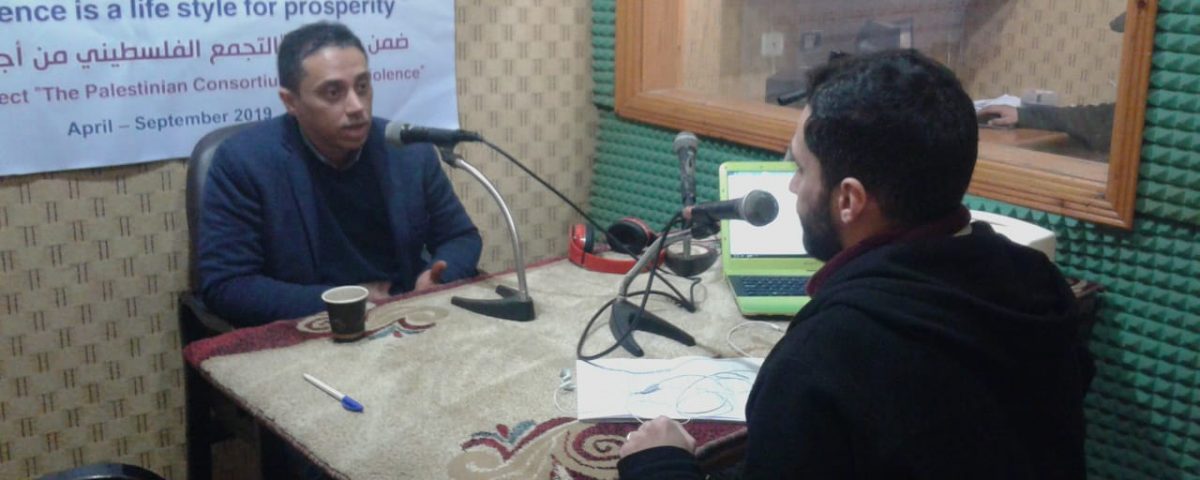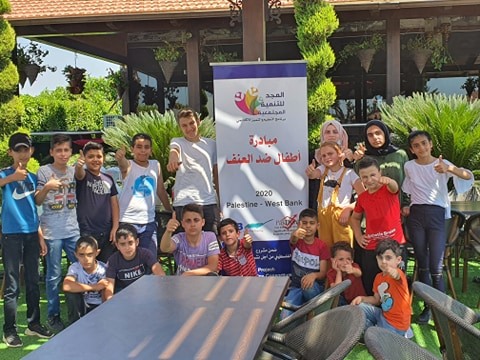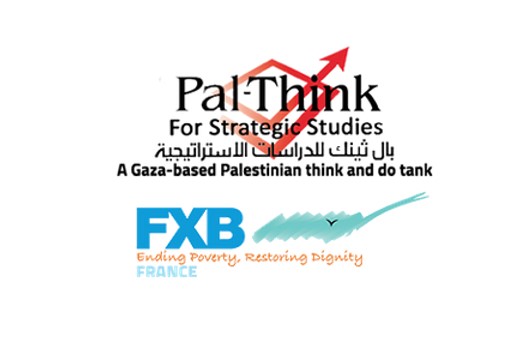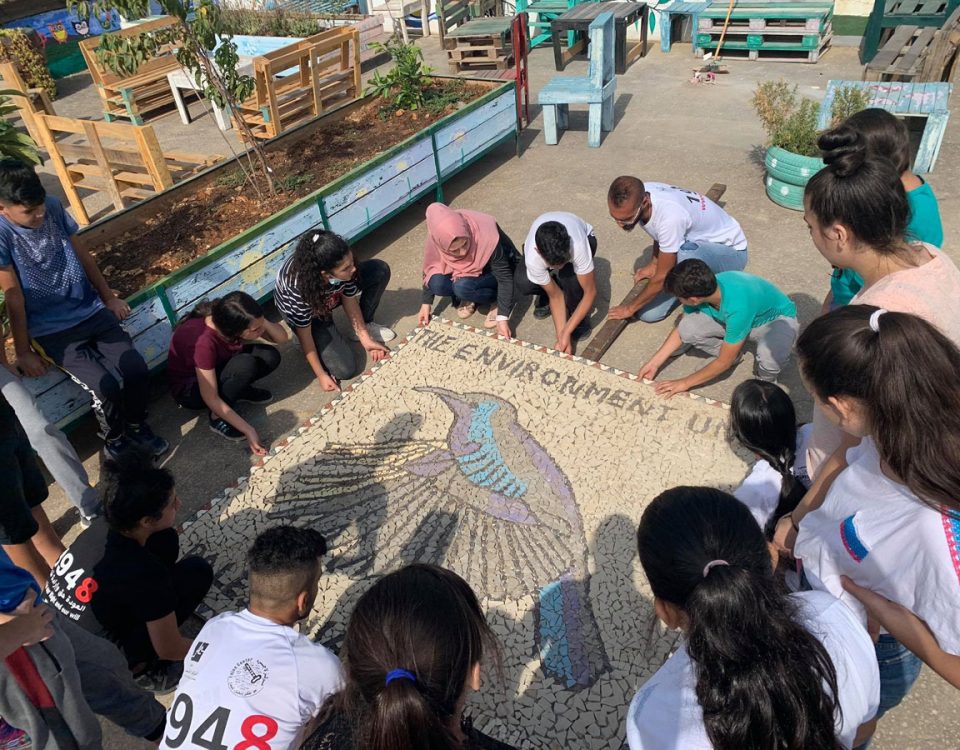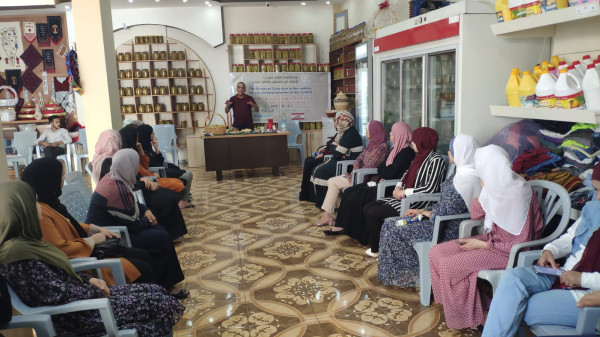- Contact Us
- +972 8-282-2005
- info@palthink.com
“Dealing with community conflicts and constructing peaceful societies.”

“Strands of Hope” Initiative
20 November، 2019
The Economic Situation and The Culture of Nonviolence
10 April، 2020“Conflict resolution does not stop at international and regional levels but extends to the level of individuals within the one family, friend circles, and coworkers. The main reason it exists is because we’re different; which is normal for humanity,” said Mahmoud Abdelhadi, a development and conflict resolution expert, as he opened the first episode of the radio program “Non-violence as a lifestyle” of 2020. The program is implemented by Pal-Think for Strategic Studies and FXB-France within the “The Palestinian Consortium for Non-violence”: towards a regional movement on Non-violence” project.
He added that human dispute and conflict start when our behavior diverges from common or similar goals, or when we behave the same towards different goals, which is a normal and healthy phenomenon as it is unnatural to be identical copies of each other. Abdelhadi also noted that conflicts occurring in the Palestinian society start from children in a domestic household up to political conflicts such as the Palestinian factional division.
Abdelhadi indicated that despite existing conflict management strategies, it is important to be aware that selecting a specific strategy depends on its classification and motives leading to its breakout. He recollected that the objective of managing conflicts is to redirect people from the cycle of conflict to a cycle of calm based on bringing opinions closer together and finding common grounds to reach a just and satisfactory solution to everyone that is not mandated but peacefully suggested to not exacerbate conflict or relay it at best.
During the episode, Sally Alsammak, the project coordinator at Pal-Think, mentioned that Pal-Think for Strategic Studies is a Palestinian independent not-for-profit think tank working in research for enriching and supporting dialogue and contemplation around issues of importance to the reality and prospects of the Palestinian people. She also added that the project partners with civil society organizations in the northern and southern governorates in Palestine aiming to foster principles and values of non-violence and community peacebuilding. She further explained the mechanism in which the project would work during 2020, the third phase of the project, through the direct participation of all sectors in society in outdoor facilities. Alsammak also talked about the previous phases where the first phase worked directly with the youth in implementing community initiatives, while the second phase worked across the West Bank and the Gaza Strip with CSOs to connect, plan, and implement community initiatives. Finally, she said that the project would produce papers that examine experiences of other nations with nonviolent approaches to combat conflicts and how the Palestinians could match those experiences with the Palestinian discourse through peaceful and nonviolent means of conflict resolution.

